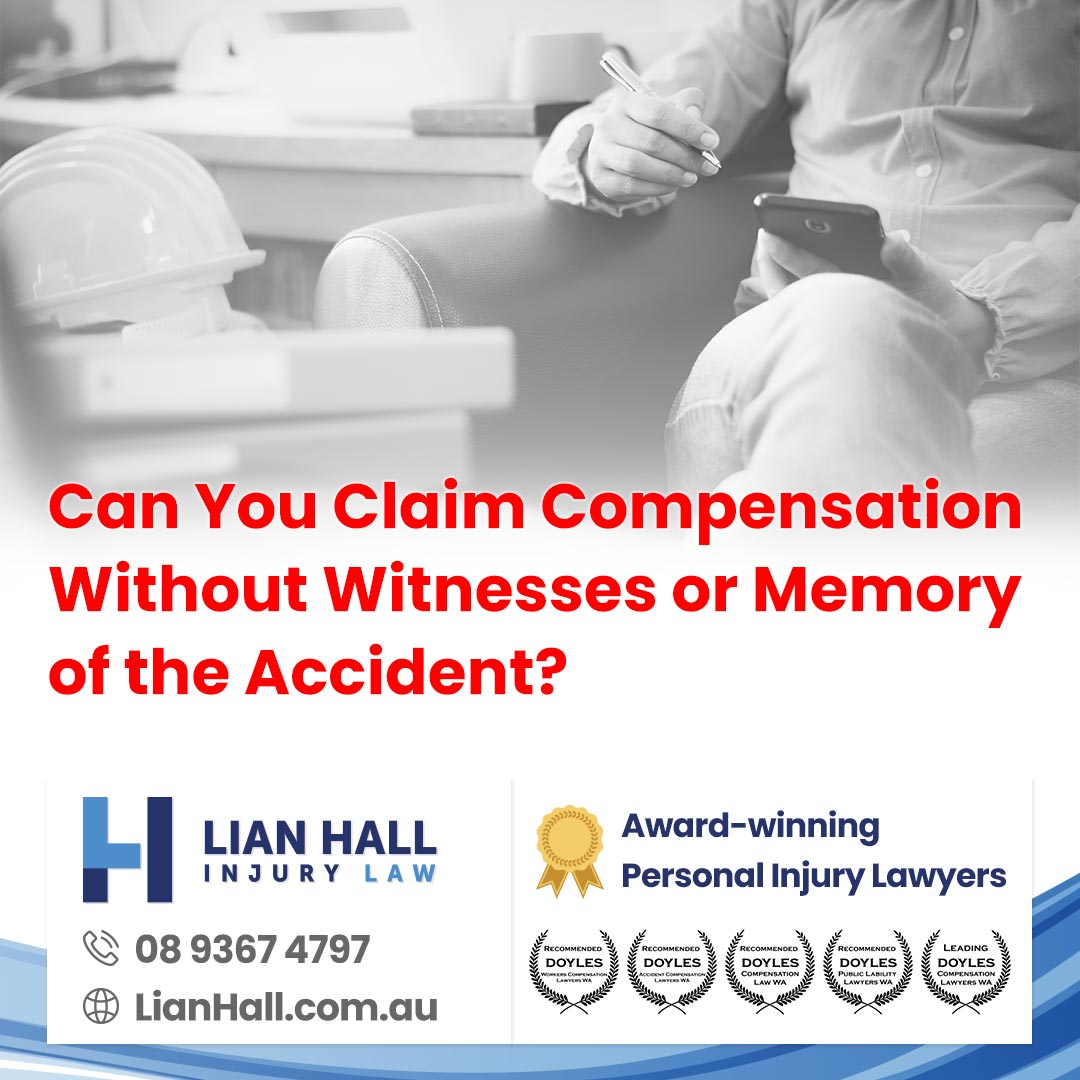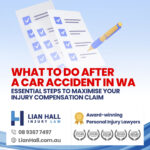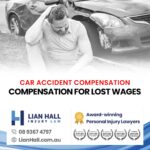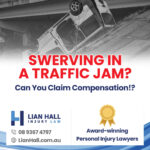Can you claim compensation if you have no witnesses and no memory of the accident? At Lian Hall Injury Law, we often speak with individuals who are seriously injured but face this exact dilemma. For example we sometimes hear from people who are injured in a car accident in Perth and who suffer concussion or a head injury. They have no memory of what happened. The simply don’t know who caused the accident. And there are no drivers who stopped to give their names as witnesses, so they don’t actually have any direct evidence of how the accident happened.
Or sometimes we chat to people who slip and fall at a shopping centre, they get up and leave and go home. Days later they want to make a claim, but they don’t know what they slipped on, and they don’t have any witnesses who saw what they slipped on or they didn’t grab their phone to take a picture of what they slipped on. They don’t know whether it was water, or fruit, or milk, or just a slippery tile.
Can they still claim and win?
Can You Claim Compensation Without Witnesses? A Recent Case Study
In a case decided in Queensland in October 2023 a factory worker was found collapsed at the bottom of a work platform. As part of his usual job he had to climb up and down onto a platform to stop a machine. The platform was about 770mm above the ground, had no railing around it, the floor of the platform was not stable, and he had to climb up onto the platform several times every day. About 30 minutes before the accident a work colleague saw him up on the platform. Less than 30 minutes later the same colleague saw him at the bottom of the platform, on the ground, and looking dazed and confused with dirt over the back of his shirt. He had suffered multiple injuries to his back and neck, shoulders and hip, and a head injury. The work colleague who found him had the impression that he had fallen but did not actually see where he had fallen from.
The worker could not remember what had happened. There were no eye-witnesses. He sued the employer saying that on the balance of probabilities he had been up on the platform and had fallen because there was no railing around the platform.
No Witnesses and No Memory of the Accident: Alternative Explanations
Given the circumstantial evidence it is natural to come to the conclusion that he had fallen from the platform. But that is not the legal test. The employer denied that the worker had fallen from the platform and instead argued that the worker had suffered an epileptic seizure while standing on the ground next to the machine and it was the seizure that had caused him to fall. They relied on evidence from a neurologist who supported the possibility of an epileptic seizure.
So the Court was faced with 2 equally plausible explanations as to how the claimant came to be injured. Did he have the seizure while up on the platform, or while on the ground?
- If he suffered the seizure while up on the platform, then he would win his case because there was no railing around the platform that would have stopped him from falling off and down onto the ground;
- But if he had the seizure while standing on the ground, there is no claim. There was nothing that the employer could have done so no breach of duty of care.
So how does a Court deal with this?
2 Competing theories of how the accident could have happened.
The Court said that if there are no witnesses, and the claimant has no memory of what happened, then the Court must apply the following principles:
- The Court’s job is not to choose between guesses as to what happened on the basis of one guess seems more likely than the other;
- The Court needs more than ‘circumstantial evidence’ (indirect evidence of the circumstances as opposed to direct evidence from a witness).
The Court dismissed his Claim. The Court said that it should not be put in the position of having to guess. It is the Claimant’s job to persuade the Court on “a balance of probabilities” that his version of events is the most likely. The Claimant failed to persuade the Judge that it was more likely that he had the seizure while up on the platform rather than having the seizure while on the ground, and so he lost his claim.
Lessons
In most accidents there is a dispute between 2 people over how the accident happened. But in those cases the claimant can give evidence about what they remember, and often there are witnesses who can give evidence about what they remember. Those cases then examine the credibility of the witnesses and weigh the evidence of the witnesses to see whose case is more believable.
But that was not the case here. In some cases, such as this one, the claimant can’t remember what happened and there are no witnesses. In such cases it is important to known that you cannot put a Court (or an insurance company) in a position where they have to guess what happened. You can’t “infer” from what you know that the accident happened in a particular way, and then ask a Court (or an insurance company) to pay compensation to you on the basis that what you think happened seems more plausible than what the insurance company is saying. To win your case your job is to prove that how you say the accident happened is more likely than not how it actually happened. To do that you will need evidence. Consideration must be given to expert witnesses, taking measurements, accident reconstruction, CCTV, medical evidence etc. If you are faced with this kind of case you should chat to a lawyer and get legal advice. Give Lian Hall Injury Law a call for an obligation free chat.
Read More:










